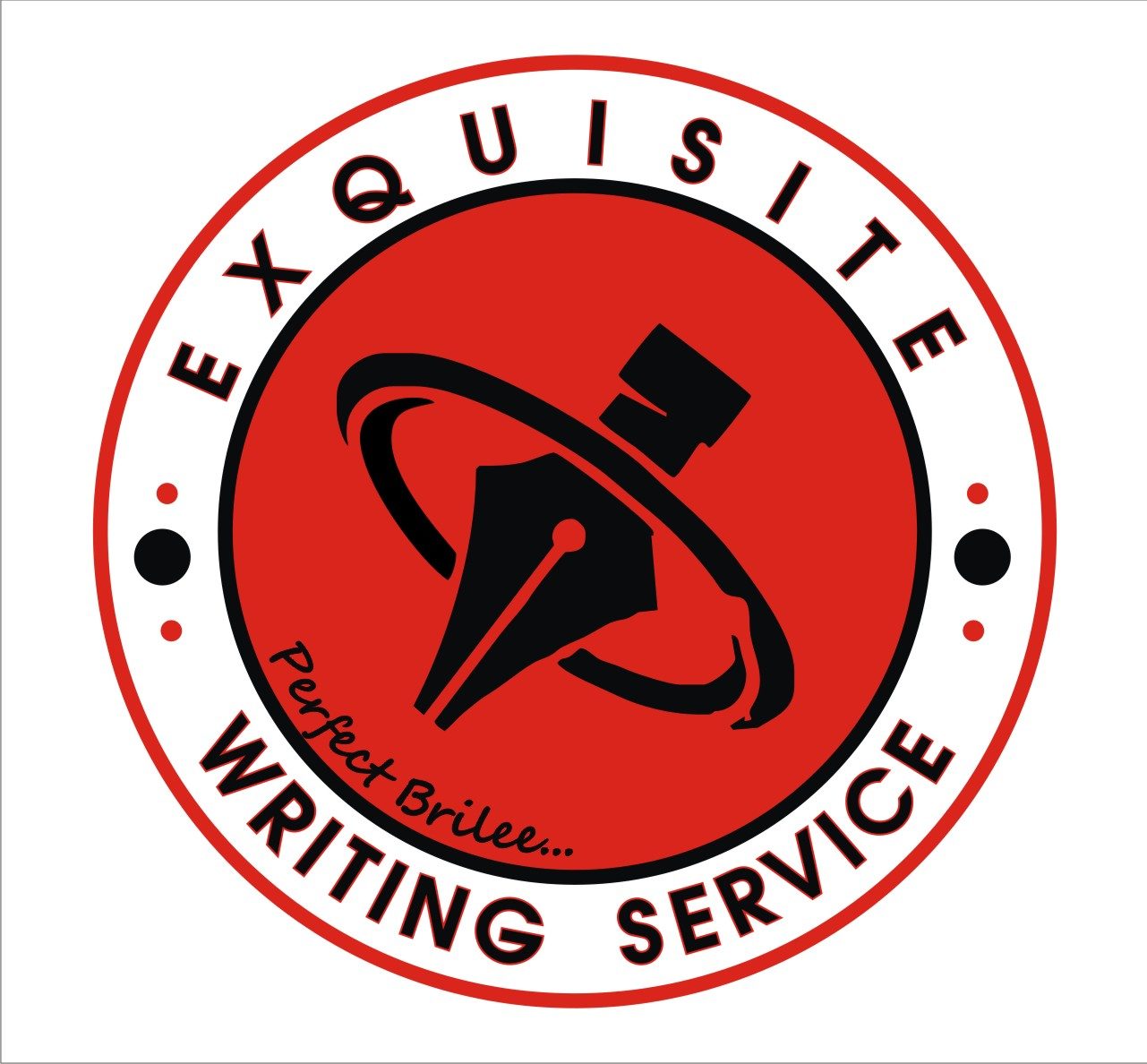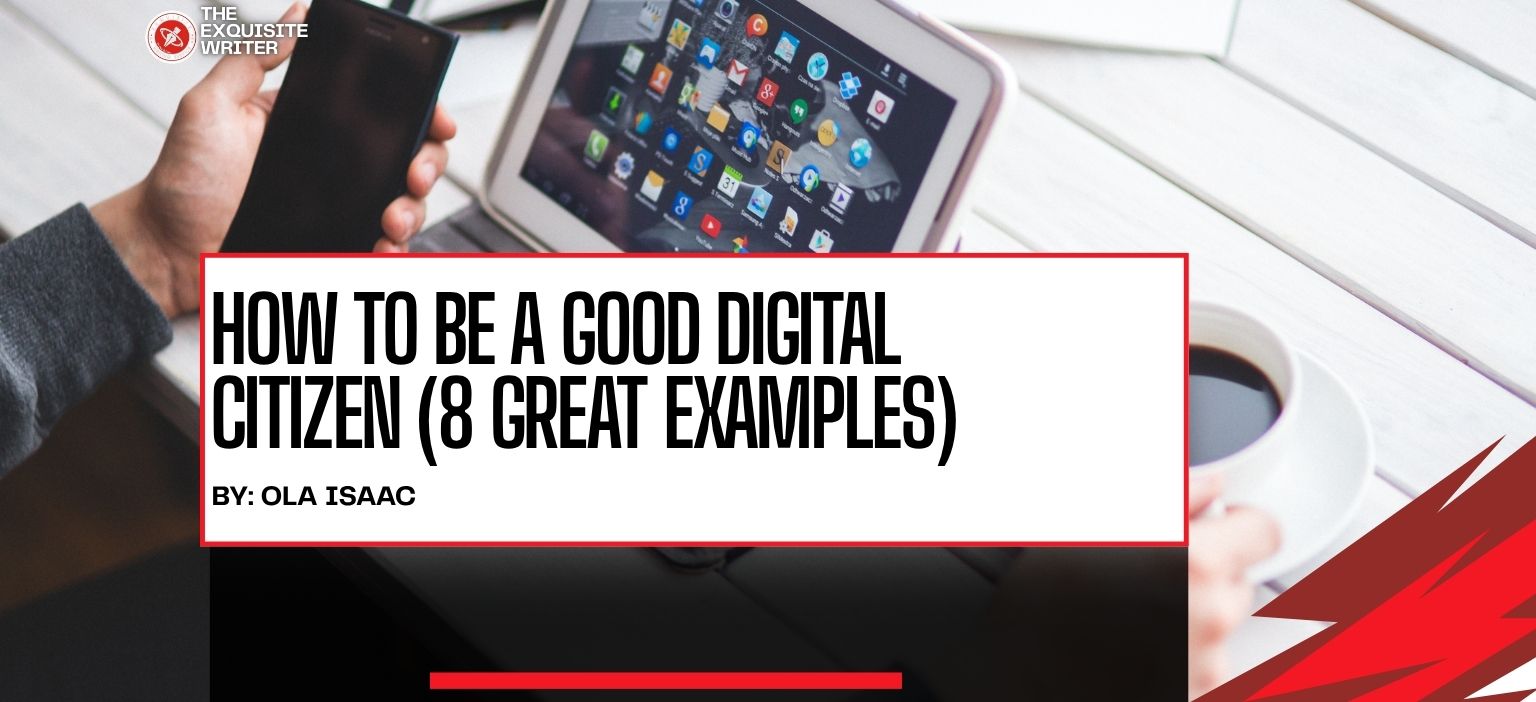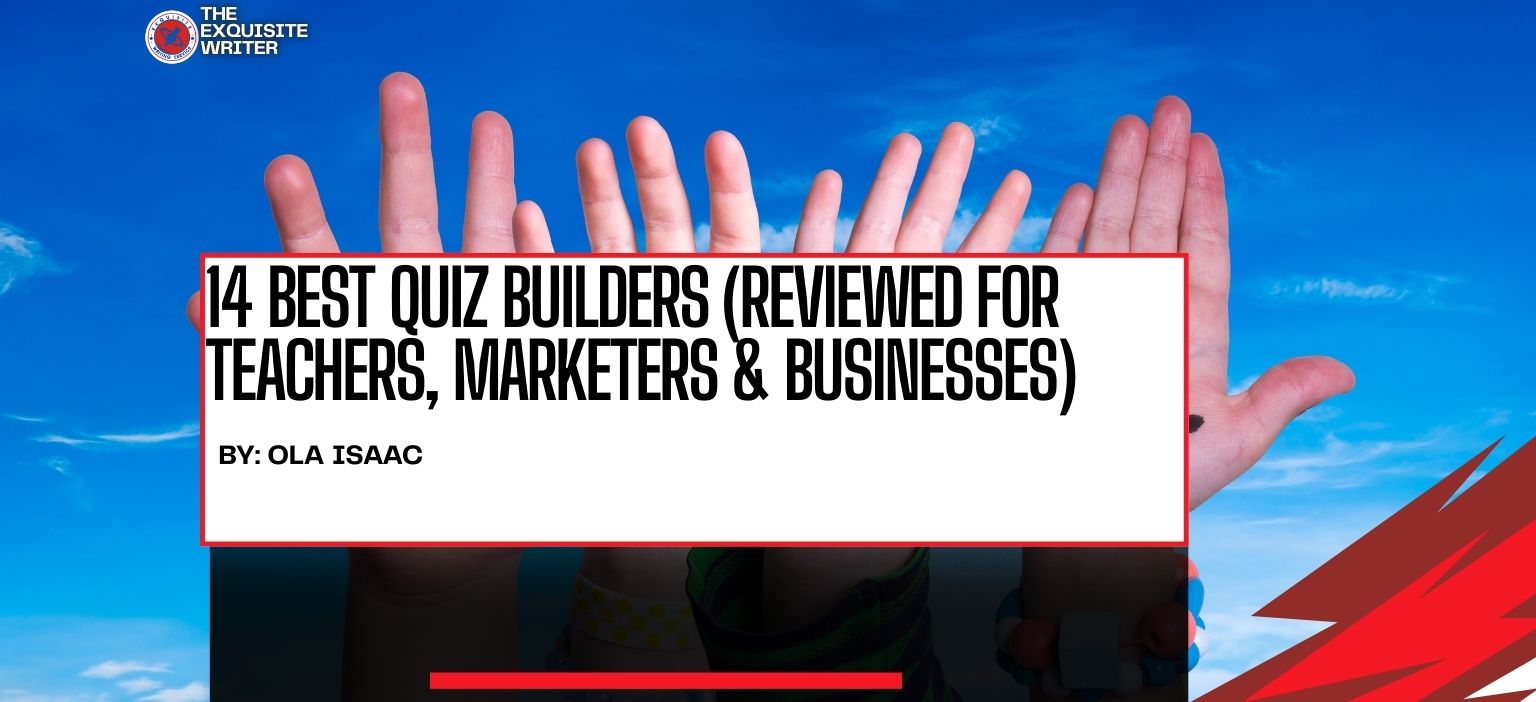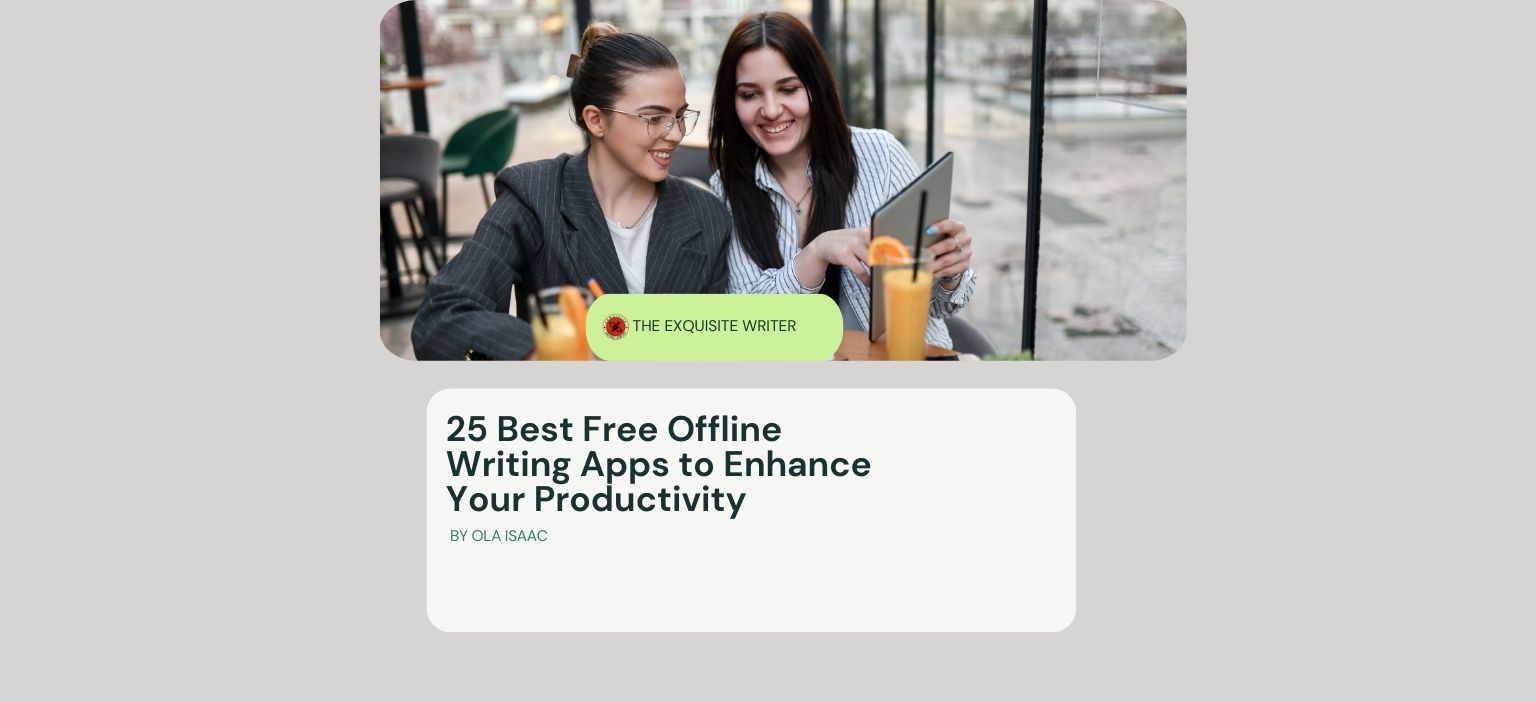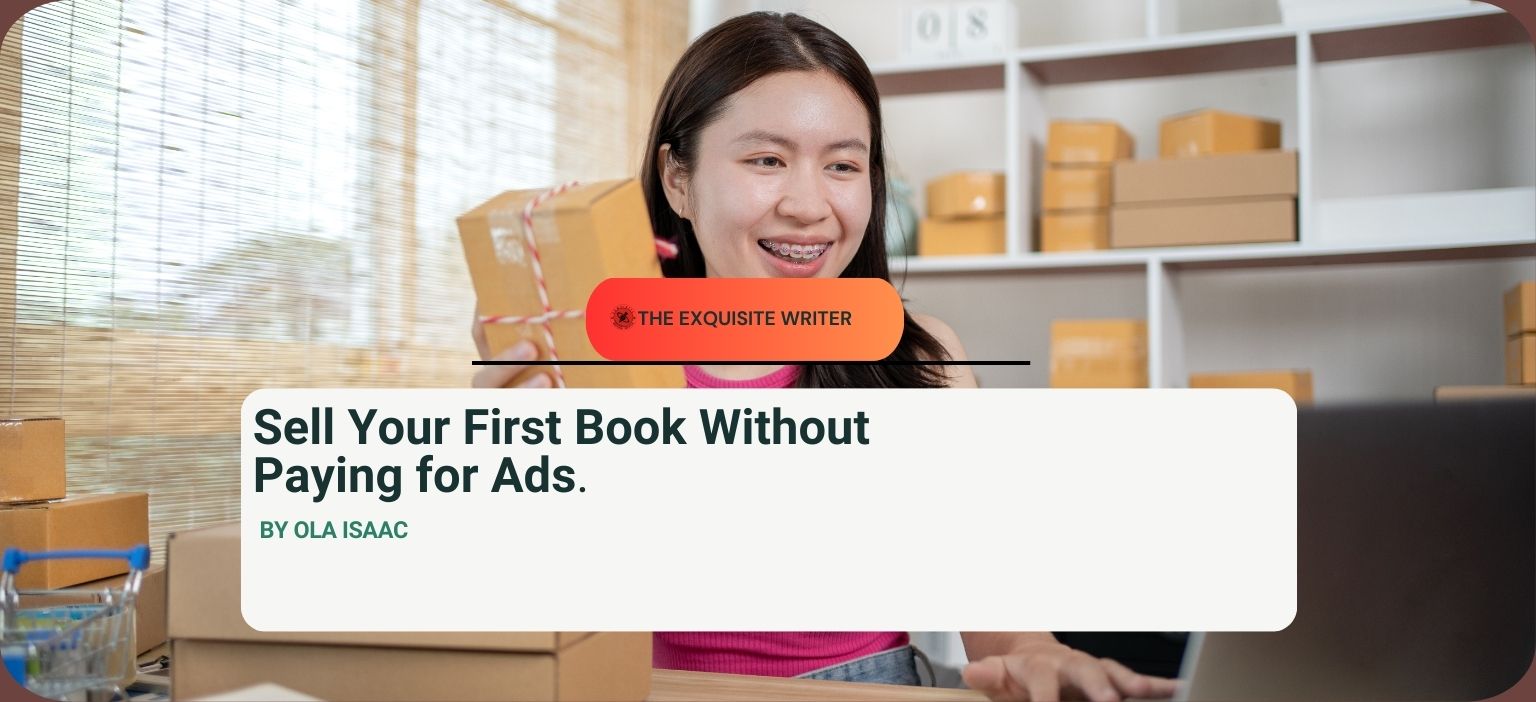
Sell Your First Book Without Paying for Ads: 5 Exciting Tips
If you’re reading this, chances are you’ve invested and poured your heart into writing a book.
That is a significant hurdle you’ve scaled!
Well, you are now standing at the edge of another challenge: Getting your book into the reader’s hand.
And the exciting part: You don’t need expensive ads, a marketing budget, or hiring a PR firm to sell your book.
In this article, we’ll walk you through four ways you can sell your first book without spending a fortune!

4 Ways to Sell Your First Book Without Spending a Fortune
Here are four ways to sell your first book without spending so much:
1. Leverage Free Marketing Channels
You can make a significant impact without needing a big budget.
Today’s digital tools offer you powerful ways to find readers—for free.
According to Pew Research Center’s report on book reading trends, online discovery and community platforms now play a growing role in helping readers find new books — making digital visibility more powerful than paid ads for many indie authors.
However, it’s not just about showing up on all platforms. It’s about being there strategically—it’s the place where you are sure your readers are.
Here’s how to do that:
#1. Use Social Media Strategically
Quick Tip:
When you engage in reader discussions or writing groups, mention your book only after you’ve added value to the conversation.
Readers are more likely to trust and check out your work when you’re authentic first.
Focus your energy on one or two social media platforms that align with your audience and genre. For example:
- Instagram is excellent for visual content (romance, fantasy).
- TikTok is excellent for discoverability (especially with the #BookTok trends).
- Twitter/X is great for connecting with other readers and writers in real-time.
- Facebook is perfect for fiction, community-based content, or older demographics.
The moment you pick the platforms you want to use to sell your first book, use them with purpose.
#2. Share Behind-the-Scenes Content
To use the content with purpose, you can get to share several behind-the-scenes content. Here are some:
- Show your workspace, writing process, or character sketches.
- Highlight the challenges faced while writing the book.
- Allow your readers to know that there is a real human behind the story.
- Post quotes or snippets from the book
- Pull intriguing dialogue or powerful lines.
- Reveal some eye-catching visuals or simple quote graphics using Canva.
#3. Use Relevant Hashtags
You’ve got to follow the hashtags your readers follow.
But what hashtags do your readers follow? You can find them on each platform. But here are samples:
- #Iamreading
- #Romancereads
- #Indieauthor
- #Booktok
- #Bookrecommendations
#4. Engage, Don’t Just Broadcast
- When people comment, respond to their comments.
- Like and share content from other writers.
- Join conversations—do not just think about your book.
- Consider those in your genre, craft, and reader interests.
Pro Tip: Social media works best when you maintain consistency.
Therefore, schedule posts weekly, ensure you batch content ahead of time, and then mix personal and value-driven content.
#5. Be Active in Online Communities
To sell your first book, you wouldn’t need to market your book alone. There are thousands of writers, readers, and fans out there.
They are already talking about books. Therefore, meet these. Here are excellent places to join:
- Facebook Groups: You will find groups like “Self-Published Authors,” “Fantasy Book Lovers,” or some genre-specific groups.
- Reddit: There are subreddits like r/self publish, r/books, genre-specific forums, and r/indieauthors for both peers and readers.
- Goodreads: Be part of the reading groups, create your author profile, and join the genre discussions.
You can stand out by:
- Being helpful. Answer questions, share writing advice, and recommend books.
- Contribute genuinely before any promotion.
- When it feels natural, highlight your book—primarily if it discusses or solves a problem or blends in with the conversation.
- Core principle: Be generous and real, and allow your personality to come through.
Quick Tip:
When you engage in reader discussions or writing groups, mention your book only after you’ve added value to the conversation. Readers are more likely to trust and check out your work when you’re authentic first.
Related: What Software Do Authors Use to Write Books? Explore 17 Software
2. Take Advantage of Influencer & Reviewer Power
Word of mouth is one of the most impactful and powerful marketing tools for authors.
If it’s coming from trusted and reputable voices, such as reviewers, book bloggers, and Bookstagrammers.
These influencers have established passionate and loyal followers of readers who trust their recommendations.
And here’s the best part: Many are excited to support authors if the pitch is professional and the book aligns with their interests.
Simple ways to approach them the right way to sell your first book:
#1. Contact Book Bloggers and Bookstagrammers
You might feel intimidated when you want to reach out to book bloggers. But don’t be. A well-crafted, personalized message can open the door to meaningful exposure.
#2. Find Them
If you’ve agreed to contact boom bloggers to sell your first book, the next step is to search using your genre book.
Use Google or other browser directories to search for book bloggers in your genre. Examples are:
- Instagram (Bookstagram): Find hashtags like #bookstagram, #bookreview, #romancereads, or your genre-specific terms.
- TikTok (BookTok): Watch videos created in your genre to see which creators are open to your type of books.
While filtering who to consult, focus on influencers who:
- Have a genuine interest in self-published authors
- Actively read and review books
- Prefer well-written, thoughtful pitches
#3. Write a Polite, Personalized Pitch
It’s not great to just send a generic email blast.
Instead of doing that, show that you’ve carried out your research. A good pitch must include:
- A brief intro about your personality and why you’re contacting them
- A personalized greeting (find and use their name!)
- A short, intriguing blurb about your book
- Why you are certain readers will enjoy it (You can even refer to one of their recent posts.
- An offer to include a free ARC or review copy.
Example Pitch:
Hi [Name],
I recently read your review of [Book Title], and I’m intrigued and fascinated by your insight on [specific comment]. I hope that my debut novel, [Your Book Title], a [genre] with [brief hook], might just be right up your alley.
If you’re open to reviewing my book, I’d be thrilled to send you a free advance copy—no pressure. Please let me know if you’re interested!
Thanks for your hard work in supporting authors,
[Your Name]
Bonus Tip:
Be ready for polite rejections or silence—and don’t take it personally.
Reviewers are often overwhelmed with requests. Therefore, it’s great to follow up once after a couple of weeks. Regardless, don’t push.
3. Run Discounted or Free Promotions
When it comes to promotional pricing, it is one of the most powerful ways to boost visibility, attract new readers, and drive early reviews.
This is especially great for debut authors.
The trick will be to merge strategic timing with smart distribution.
Here are quick hacks:
#1. Set a Free Promo on Amazon
Are you enrolled in KDP Select (Amazon’s exclusive ebook program)?
Then, you’re eligible for nearly five free promo days per 90-day enrollment period. Why doing this is excellent:
- Boosts excellent visibility in Amazon’s Free Books rankings
- This can lead to algorithm boosts and more reviews
How to maximize it:
- Plan the free days well in advance—steer clear of major holidays unless they fit your genre.
- Promote heavily on any social media platform the week before and during the promo.
- Send an announcement to your email list if you have one.
- Align the promo with a sequel or new release to boost read-through.
#2. Submit to Free Promo Sites
There are hundreds of websites that feature free ebooks and discounted ebooks.
For some websites, you can submit for free .
Others can charge a modest fee for placement on their homepage or newsletters.
Recommended Sites:
- Ereader News Today (ENT) – Strong ROI and great reach
- Freebooksy – A platform highly respected with genre-specific audiences
- Book Rebel – Great for budget-conscious promos
Other options include:
- ManyBooks
- Book Cave
- Robin Reads (paid but effective)
- BookSends
Tip: Focus on sites with correct engagement in your genre.
A $10–$20 spend on the right platform will undoubtedly yield better returns than larger, non-specific campaigns.
5. Optimize Your Book’s Sales Page
Even with decent traffic, you might not be able to sell your first book if your product page isn’t quite attractive and doing its job.
If you have an Amazon sales page, you need to convert casual browsers into buyers.
The excellent news: Optimization is free, and you are totally in control.
How to Achieve a High-Converting Sales Page
Here are some ideas to get through:
- Compelling Book Description:
- Treat your blurb as a sales pitch.
- Pay attention to hooking curiosity, not just summarizing a complete plot.
- Implement short paragraphs, bold formatting, cliffhangers, and genre-specific tone.
- Accurate Categories and Keywords
- Research keywords adopting Amazon’s search bar or tools.
- Choose 2 categories that match your niche.
- Pick keywords that readers are actively typing—there are no obscure terms.
- Trust-Building Author Bio
Share the reason you wrote the book, your details, and your background that will help readers connect with you.
Make sure to keep it reader-focused, not just a résumé.
FAQs About Selling Your First Book Without Ads
1. Can I sell my first book without social media?
Yes, focus on community engagement platforms like Goodreads, Reddit, or book clubs. Personal newsletters and author websites also help build direct reader relationships.
2. Do free book promotions actually work?
Yes. Free or discounted promos can increase visibility and lead to organic sales if paired with strong follow-up marketing or sequels.
3. Should I still run ads later?
You can — once your organic strategies gain traction. Ads work best when your book already has reviews and social proof.
Explore next: How to Make Money Writing Online: 5 Beginner Tips
Final Thought
You don’t just need a massive ad budget to sell your first book.
With your smartphone, author allies, a strong sales page, and technical knowledge, you will be able to attract readers, amplify your reach, and grow your author brand—affordably and organically.
